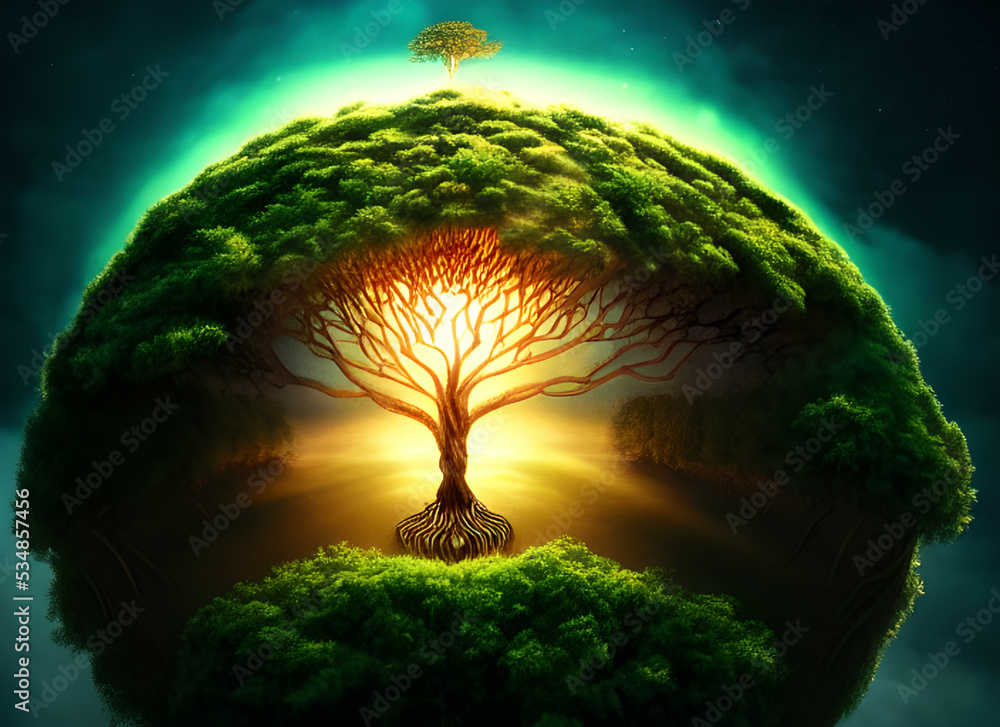In the annals of human experience, few phenomena evoke as much contemplation and inquiry as the twin bookends of existence: birth and death. These profound milestones encapsulate the entirety of life’s journey, drawing attention to the intricate interplay between the two. The Bahá’í teachings offer unique perspectives on these pivotal moments, emphasizing their spiritual significance and the lessons they impart. Understanding this duality can provide solace, enrich one’s comprehension of existence, and deepen the appreciation for the journey of the soul.
To embark upon this exploration, it is essential to contemplate the nature of birth. This moment marks not merely the beginning of life in a biological sense but heralds the advent of the soul into the physical realm. In Bahá’í thought, every individual is born with an inherent potential that reflects divine attributes. The act of birth is thus seen as a sacred expression of God’s will, a prelude to a life filled with opportunities for growth, development, and service. The importance placed upon the sanctity of birth translates into a reverent acknowledgment of children as “the most precious treasures” of society.
Furthermore, the Bahá’í teachings emphasize the concept of the family as the cornerstone of human society. Birth not only initiates the journey of an individual but also integrates them into the broader tapestry of familial and communal relationships. In this context, parents are imbued with the responsibility to nurture a child’s innate virtues and capabilities. The principles of education and moral development take on a sacred dimension, underscoring the role of familial bonds in shaping the character of new generations.
Contrastingly, the phenomenon of death invokes a tapestry of emotions and reflections. In many cultures, death is shrouded in fear, pain, and mystery. Yet, within Bahá’í thought, death is not viewed as the terminus of existence. Instead, it is regarded as a transition—a passing into a new realm of being. This perspective fosters a more profound understanding that the essence of a person transcends their physical form. The soul is eternal, a fundamental principle in Bahá’í belief, navigating through various stages of existence beyond physical demise.
Death, then, serves as a moment of profound potential for reflection and re-evaluation of life’s purpose. It provokes the inquiry: What legacy do we leave behind? In this contemplation lies a beckoning to live meaningfully, to commit oneself to acts of service and love, principles deeply woven into Bahá’í teachings. The inevitability of death compels individuals to assess the integrity of their thoughts, words, and actions throughout their lives. In recognizing that earthly existence is transient, a renewed focus on spiritual pursuits becomes imperative.
Moreover, the Bahá’í perspective on the afterlife is characterized by an optimistic vision of continued growth and progression. The soul is perceived as embarking on an onward journey, striving toward greater understanding and enlightenment. This belief alleviates the fear of death and encourages adherents to concentrate on cultivating virtues and engaging in constructive activities during their earthly lifetime. Consequently, the interconnectedness of birth and death becomes evident, underscoring the importance of living a life that prepares the soul for its ensuing journey.
These dual milestones prompt a powerful inquiry into the nature of existence: How do they shape our understanding of life’s purpose? The Bahá’í teachings elucidate that both birth and death serve as catalysts for personal and communal evolution. They compel individuals to engage in conscious living, fostering an awareness of the impermanent nature of material existence. This understanding can liberate one from trivial concerns, directing attention toward higher goals of love, unity, and service.
As we navigate through the passages of our lives, the cyclical nature of birth and death invites introspection. Each moment of birth can inspire gratitude for the gift of life, prompting individuals to cherish their relationships and contribute positively to their communities. Conversely, the contemplation of death can instigate a greater awareness of the transient essence of existence, urging us to leverage our time wisely and embody the virtues taught by the Bahá’í Faith.
In conclusion, the Bahá’í teachings illuminate the significance of life’s bookends—birth and death. These milestones encapsulate the entirety of our spiritual and earthly journeys, each offering opportunities for profound learning and growth. By rejoicing in the gift of birth and embracing the transition of death, individuals can cultivate a transcendent perspective on life, navigating the delicate balance between these two pivotal experiences. Ultimately, the teachings foster a celebration of existence that encourages unity, love, and service, enabling each individual to contribute to the collective advancement of humanity.
